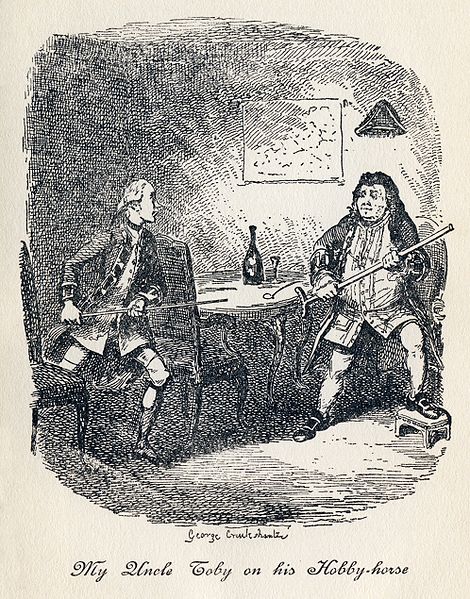The hobby of collecting includes seeking, locating, acquiring, organizing, cataloging, displaying, storing, and maintaining items that are of interest to an individual collector. Collections differ in a wide variety of respects, most obviously in the nature and scope of the objects contained, but also in purpose, presentation, and so forth. The range of possible subjects for a collection is practically unlimited, and collectors have realised a vast number of these possibilities in practice, although some are much more popular than others.
A collection of nutcrackers
Stamp album used for collecting postage stamps
Numismatic and philatelic collectable specimens on display at an exhibition in India
Herbert Kullmann, picture sale catalogue by Bernheim-Jeune, Paris, May 1914.
A hobby is considered to be a regular activity that is done for enjoyment, typically during one's leisure time. Hobbies include collecting themed items and objects, engaging in creative and artistic pursuits, playing sports, or pursuing other amusements. Participation in hobbies encourages acquiring substantial skills and knowledge in that area. A list of hobbies changes with renewed interests and developing fashions, making it diverse and lengthy. Hobbies tend to follow trends in society. For example, stamp collecting was popular during the nineteenth and twentieth centuries as postal systems were the main means of communication; as of 2023, video games became more popular following technological advances. The advancing production and technology of the nineteenth century provided workers with more leisure time to engage in hobbies. Because of this, the efforts of people investing in hobbies has increased with time.
Hobby: collecting seashells
In Tristram Shandy, the term "hobby-horse" was used to refer to whimsical obsessions, which led to the current use of the word "hobby".
Writing and editing articles for Wikipedia is a hobby for some people.
There are people who enjoy motorcycle touring alone or in groups, and there are also club teams.








